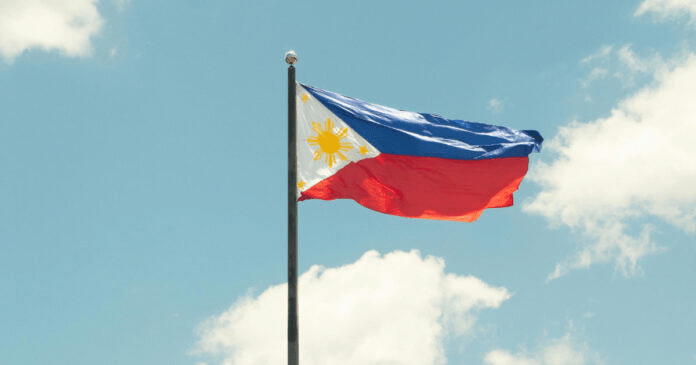based on materials from the website - By Altcoin Buzz

Cryptocurrency exchanges in the Philippines are facing pressure from the government. This week, the Securities and Exchange Commission (SEC) banned 10 cryptocurrency exchanges. These platforms served Filipinos without the necessary licenses.
The SEC states that these cryptocurrency exchanges are operating illegally in the Philippines. When attempting to visit these exchanges via PLDT, you will see a blocked page.
On Monday, the SEC issued a warning stating that popular cryptocurrency exchanges such as OKX, Bybit, KuCoin, and Kraken are not registered in the country. This means they do not have permission to provide services or accept investments from Filipinos.
"These platforms do not have a license, registration, or permission," the SEC bulletin states. The statement lists 10 platforms, including MEXC, Bitget, and CoinEx, which are now blocked by authorities. This is related to new rules introduced in June. Cryptocurrency platforms are now required to register with the Securities and Exchange Commission (SEC), meet capital requirements, and disclose information about their operations to operate in the Philippines.
Other Southeast Asian countries are taking similar steps. In May, Thailand blocked five cryptocurrency exchanges, while Indonesia raised taxes and tightened regulations. Thus, the current situation is not just a problem for the Philippines; it is a trend in many countries in the region.
How are users reacting?
Luis Buenaventura, head of the cryptocurrency department at GCash, believes that this change could benefit local platforms in the long run. Experienced users may bypass the block, while newcomers may turn to trusted apps like GCash. He noted that many Filipinos are just starting their journey in the world of cryptocurrencies.
These users are more susceptible to fraud, highlighting the need for increased education and safer conditions. However, some express dissatisfaction. Buenaventura noted community discontent, with some viewing it as monopolistic or protectionist.
